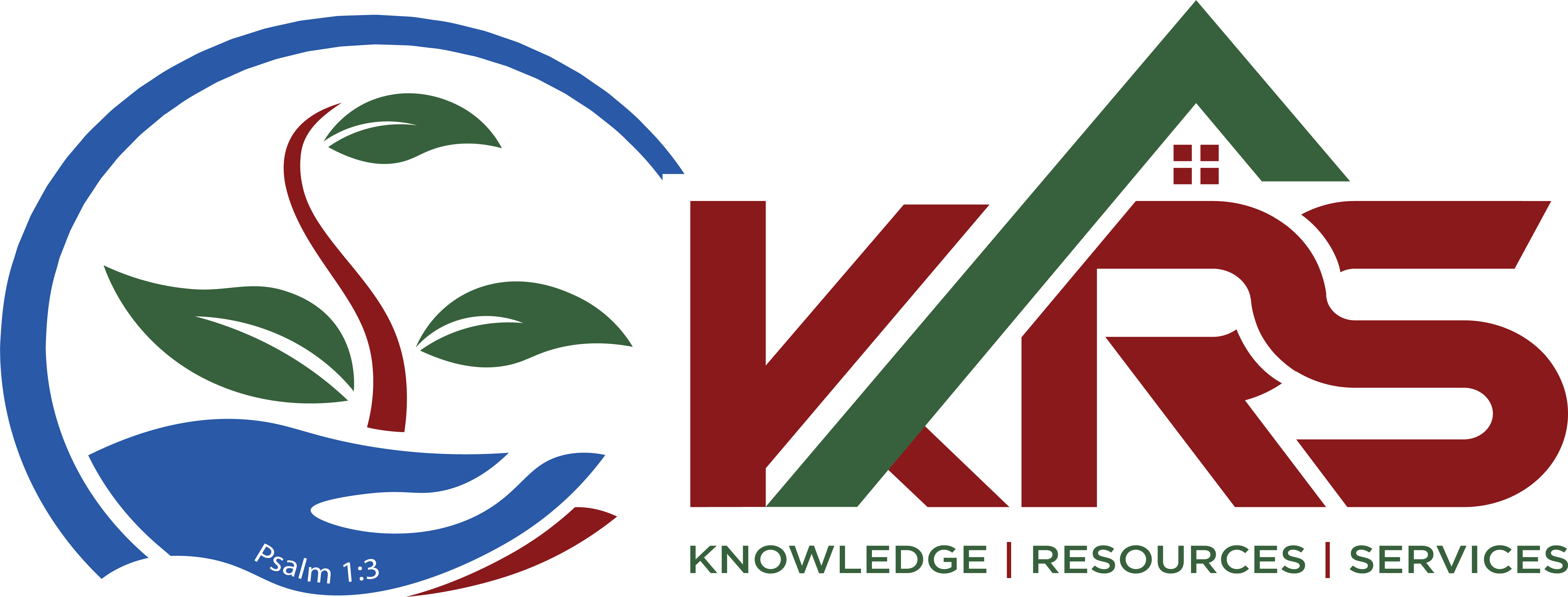
The difficulty of obtaining equipment financing can vary depending on several factors, including your credit history, the type of equipment you’re looking to finance, the lender’s requirements, and the overall economic climate.
- Credit History: Your personal or business credit history is a significant factor in determining whether you qualify for equipment financing and the terms you’ll be offered. Lenders typically prefer borrowers with good to excellent credit scores, as it indicates a lower risk of default.
- Type of Equipment: Some types of equipment may be easier to finance than others. Lenders may have preferences for certain industries or types of equipment based on their perceived risk and the potential for resale value if the borrower defaults.
- Lender’s Requirements: Different lenders have different criteria for approving equipment financing. Some may require a certain down payment, collateral, or specific documentation such as financial statements or business plans.
- Economic Conditions: Economic conditions can also impact the availability of financing. During economic downturns or times of uncertainty, lenders may tighten their lending criteria, making it more difficult to qualify for financing.
- Alternative Financing Options: If traditional lenders are not an option, there are alternative financing options such as equipment leasing, equipment loans, or even vendor financing through the equipment supplier.
One of the benefits of equipment financing is that it’s easier to qualify for than other loans. Each lender will set its own minimum credit score requirements, but a minimum personal credit score of 575 or 600 isn’t unusual. Keep in mind that credit score is just one factor lenders consider.
What Are The Pros And Cons Of Equipment Loans?
Equipment loans can be a beneficial financing option for businesses looking to acquire or upgrade equipment. However, like any financial product, they come with their own set of advantages and disadvantages. Here are some pros and cons of equipment loans:
Pros:
- Preservation of Capital: Equipment loans allow businesses to acquire necessary equipment without tying up a significant amount of capital upfront. This preserves cash flow and working capital for other business needs.
- Ownership: With equipment loans, businesses typically own the equipment outright once the loan is repaid. This means they can depreciate the equipment for tax purposes and potentially build equity in the asset.
- Fixed Monthly Payments: Equipment loans often come with fixed monthly payments, making it easier for businesses to budget and plan for expenses.
- Potential Tax Benefits: In many cases, businesses can deduct the interest paid on equipment loans as a business expense, providing potential tax benefits.
- Flexibility in Equipment Choice: Since the equipment serves as collateral for the loan, businesses may have more flexibility in choosing the specific equipment they need, as compared to leasing options.
Cons:
- Down Payment Requirement: Many lenders require a down payment for equipment loans, which can range from 10% to 20% or more of the equipment’s purchase price. This upfront cost may be a barrier for some businesses.
- Risk of Depreciation: Some types of equipment may depreciate quickly in value, meaning the business could end up owing more on the loan than the equipment is worth if they need to sell or upgrade before the loan is fully repaid.
- Interest Costs: Like any loan, equipment loans come with interest costs. Depending on the interest rate and term of the loan, businesses may end up paying a significant amount in interest over time.
- Potential Impact on Credit: Defaulting on an equipment loan can have a negative impact on the business’s credit score and financial health, potentially making it more difficult to obtain financing in the future.
- Ownership Responsibilities: Owning equipment means the business is responsible for maintenance, repairs, and eventual disposal or resale of the equipment once it is no longer needed. These costs and responsibilities should be considered when evaluating the overall cost of ownership.
Overall, equipment loans can be a valuable financing option for businesses needing to acquire or upgrade equipment, but it’s essential to carefully weigh the pros and cons and consider the specific needs and circumstances of the business before making a decision.
At KRS AGENCY, our mission is to help businesses become the best they can be. To learn more about our comprehensive services, contact us today.
